- Antipasti
- Bella Italia
- Dessert
- Drinks
- Favorite Italian recipes
- Main courses
- Pasta
- Pizza
- Side dishes and salad
- Tips & Knowledge
Drinking like the ancient Romans – Lora and Posca
Posca was a popular refreshing drink in ancient Greece and Rome. In ancient Greece it was still a healing drink, but in Rome it became an everyday drink for the poor and lower classes. Even if it was "only" a poor people's drink, it still had some health benefits...
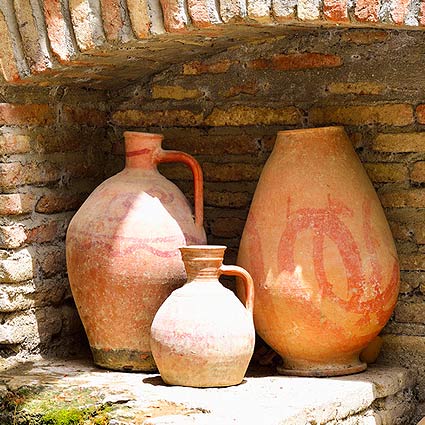
Table of contents
What is Lora?
Lora was a drink in Roman antiquity. More precisely, it was a pomace wine, which Pliny also called worker’s wine(vinum operarium). Pomace is the grape residue left over from the pressing process, which was also used to make grappa in the past. These residues were mixed with water and, after a day’s storage, passed through the wine press again. This alcoholic drink was affordable for poorer sections of the population and tasted similar to a highly diluted wine spritzer. Due to the way it was made, the lora could quickly turn into vinegar, but this was accepted cheaply because it could then be used to make posca. If the Roman generals allowed their soldiers to drink lora, it was made on site from pomace they had brought with them, as the drink could not be transported.
What is Posca?
Posca was a popular refreshing drink in ancient Greece and Rome. It was probably usually stored in clay jars (amphorae). Exact recipes have not survived, but today it is assumed that the composition was as follows: 1 ½ cups of wine vinegar, ½ cup of honey, 1 teaspoon of ground coriander, 4 cups of water. The mixture is heated in a pan to dissolve the honey, the coriander is filtered out and the drink is cooled before serving.
In ancient Greece it was still a medicinal drink, but in Rome it became an everyday drink for the poor and lower classes. Even though it was ‘only’ a poor man’s drink, it did have some health benefits: it provided hydration and calories and helped prevent scurvy thanks to its vitamin C content. You have to remember that drinking water was not as freely available as it is today and that the acid killed bacteria in the water and drowned out the bad taste of the water.
Recipe with Posca
Posca was not only used as a refreshing drink, but also as an ingredient in the kitchen. A recipe for sour bread porridge (sala cattabia) handed down by Apicius uses posca. Take stale wholemeal wheat bread, hollow it out and soak the crumb in posca. Then grind pepper, honey, mint, garlic, fresh coriander, salt, water, olive oil and salt-seasoned cow’s cheese (i.e. Parmesan or Grana Padano) in a mortar, add the soaked bread, pour red wine over it and apply the porridge.



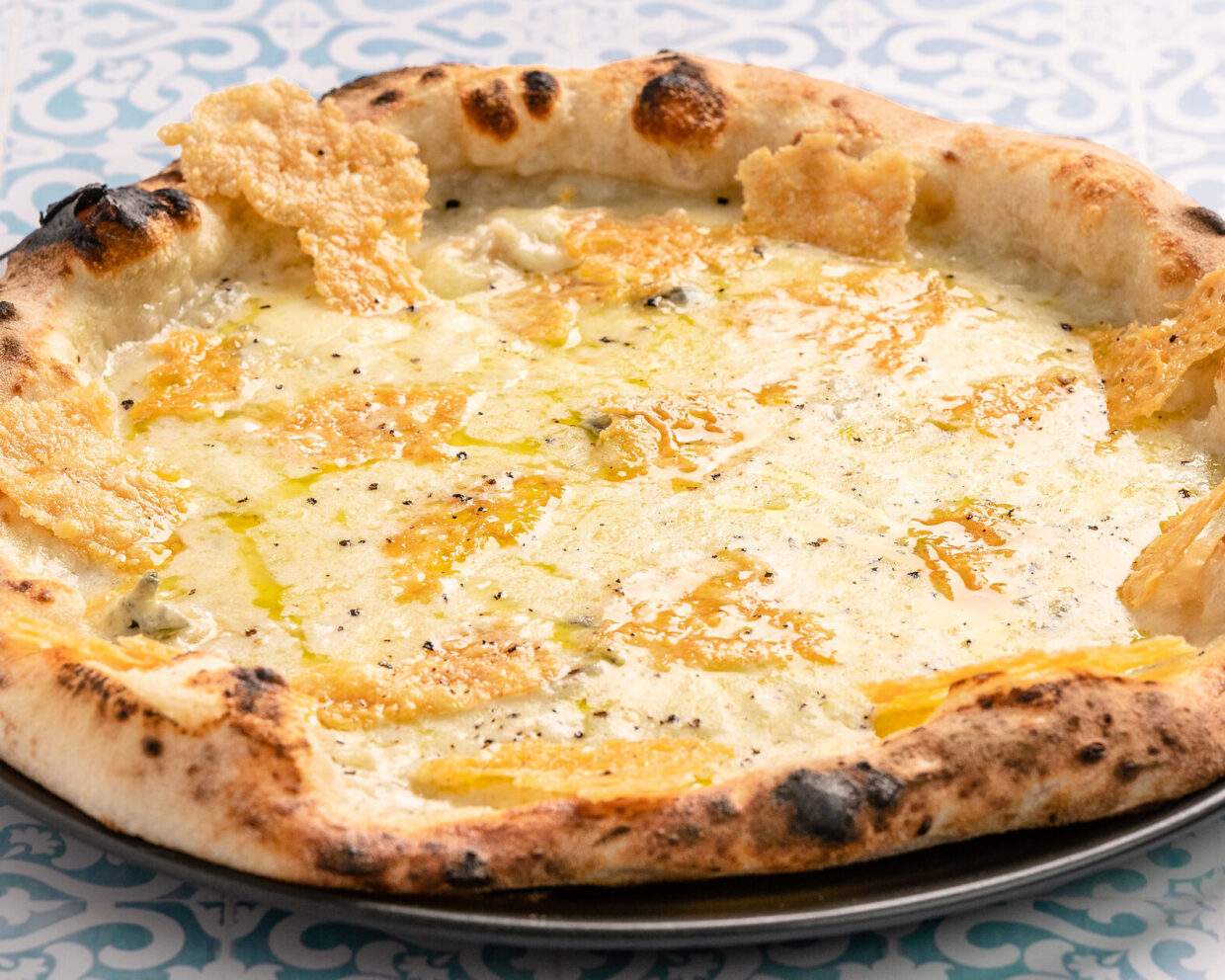
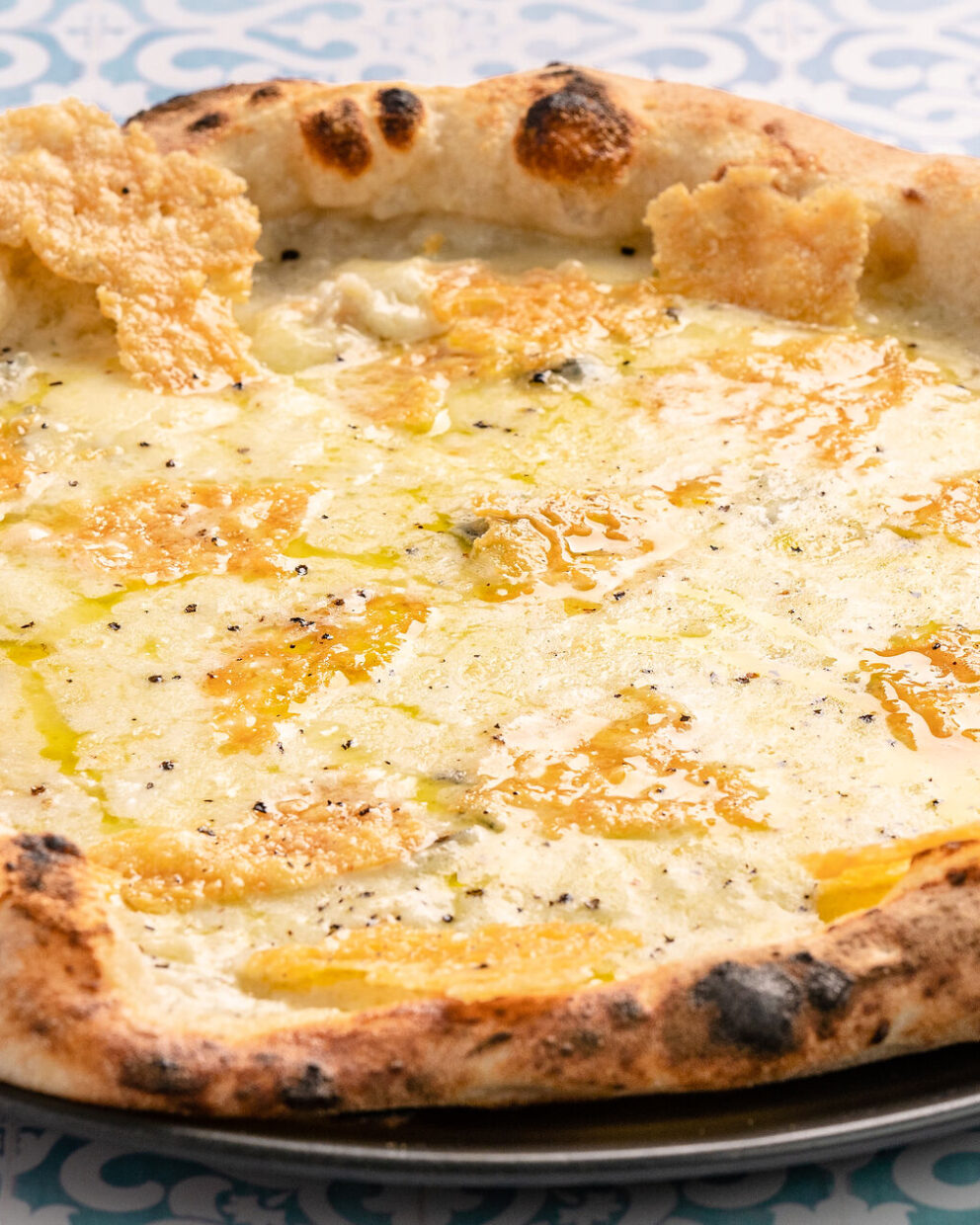
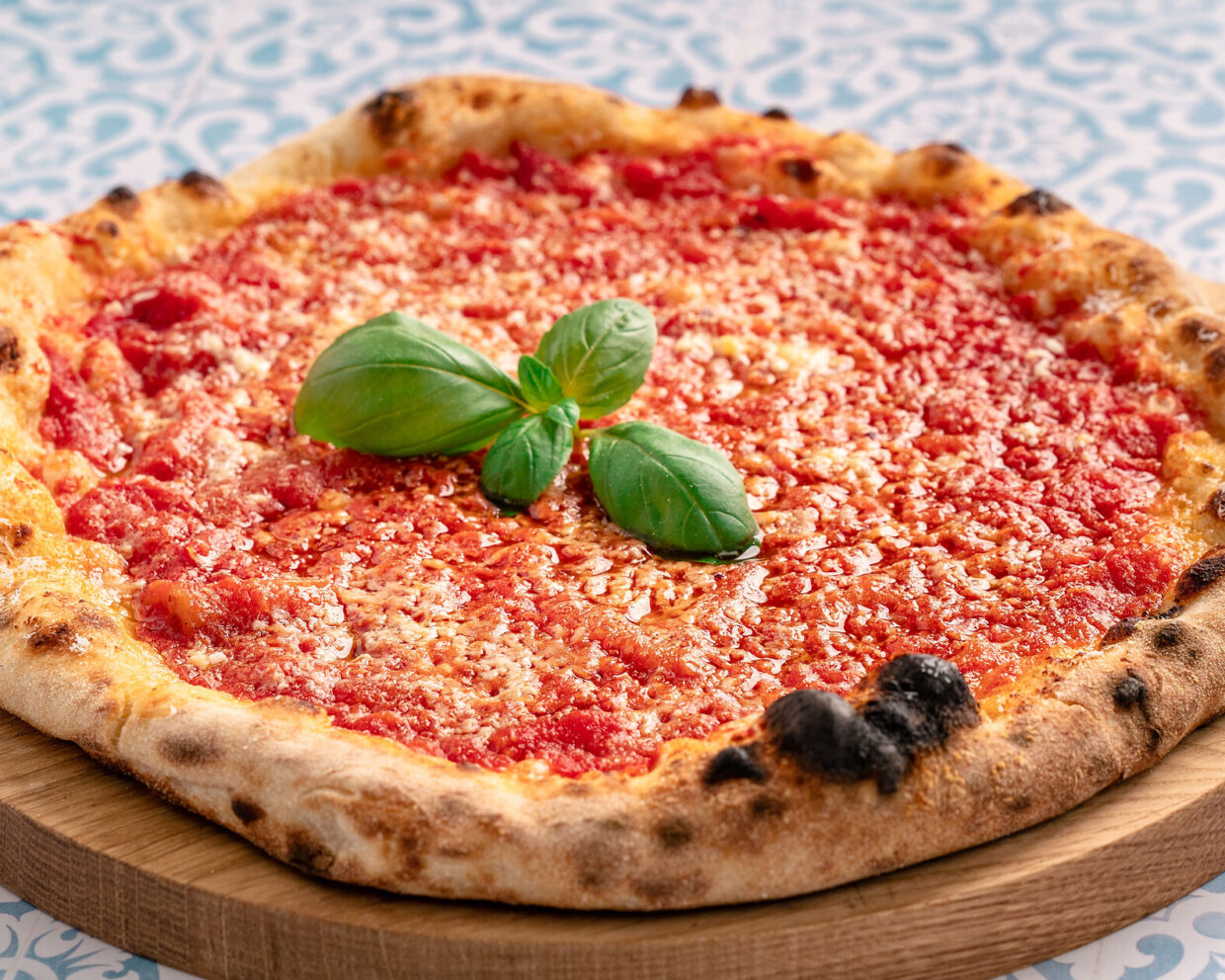
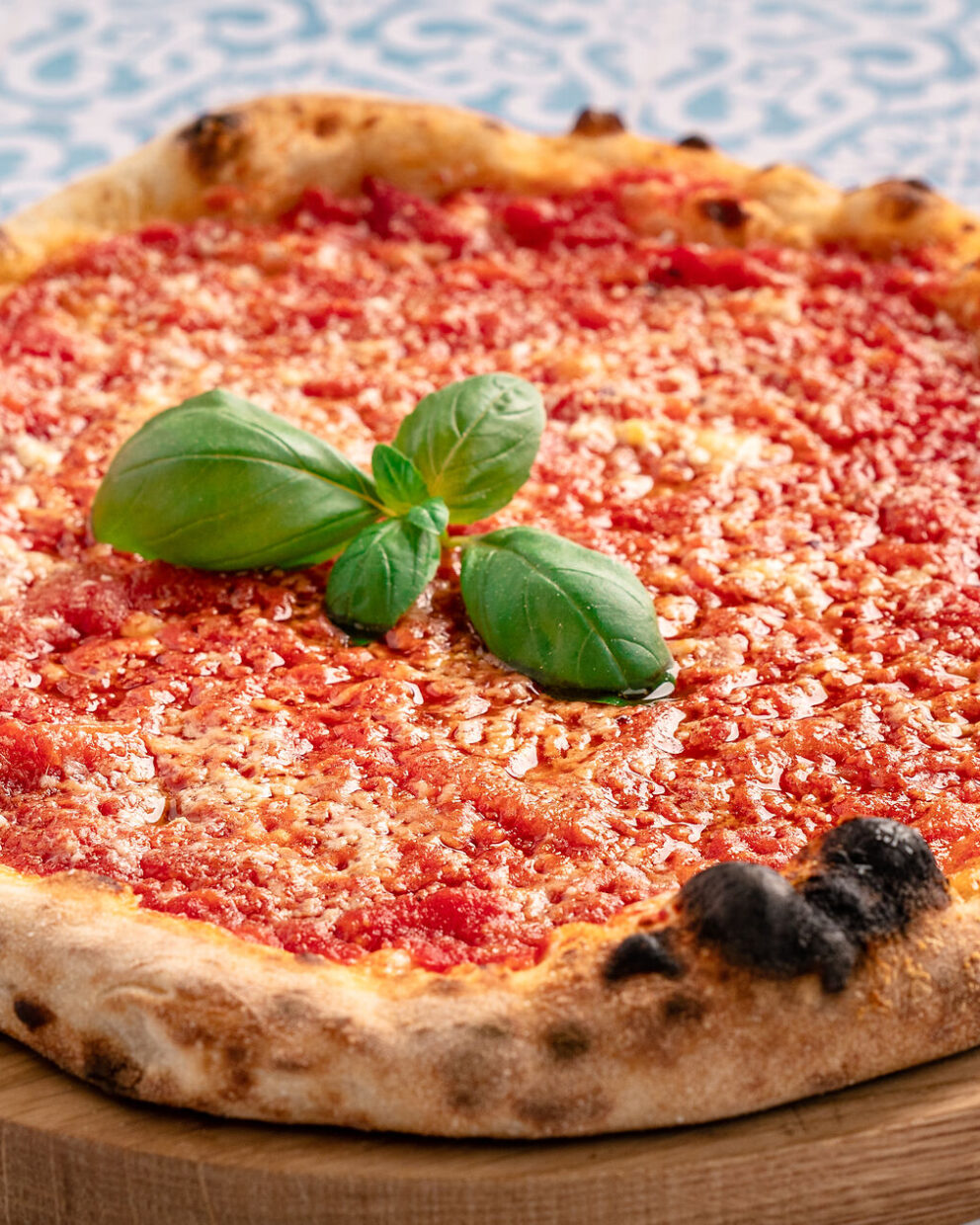
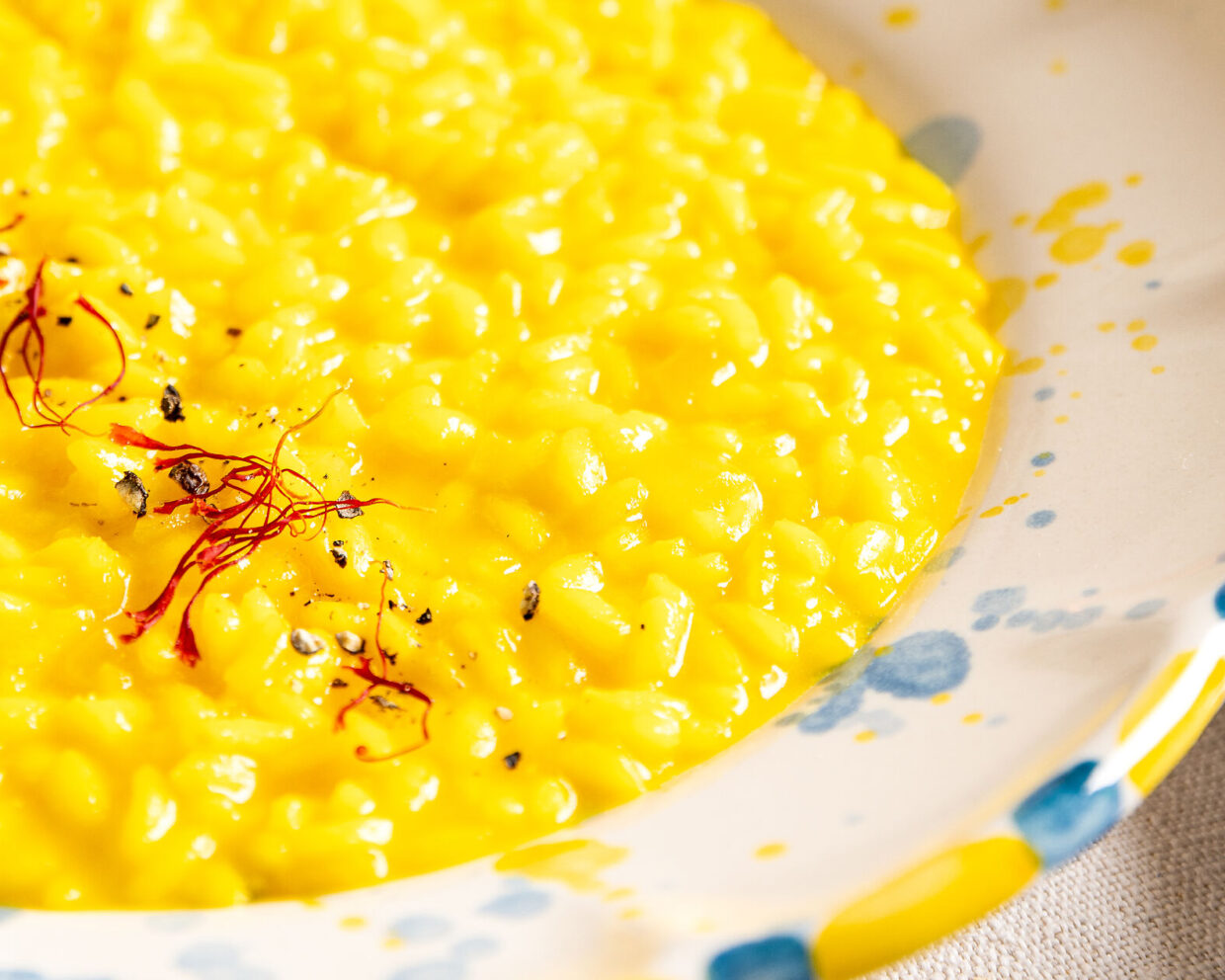
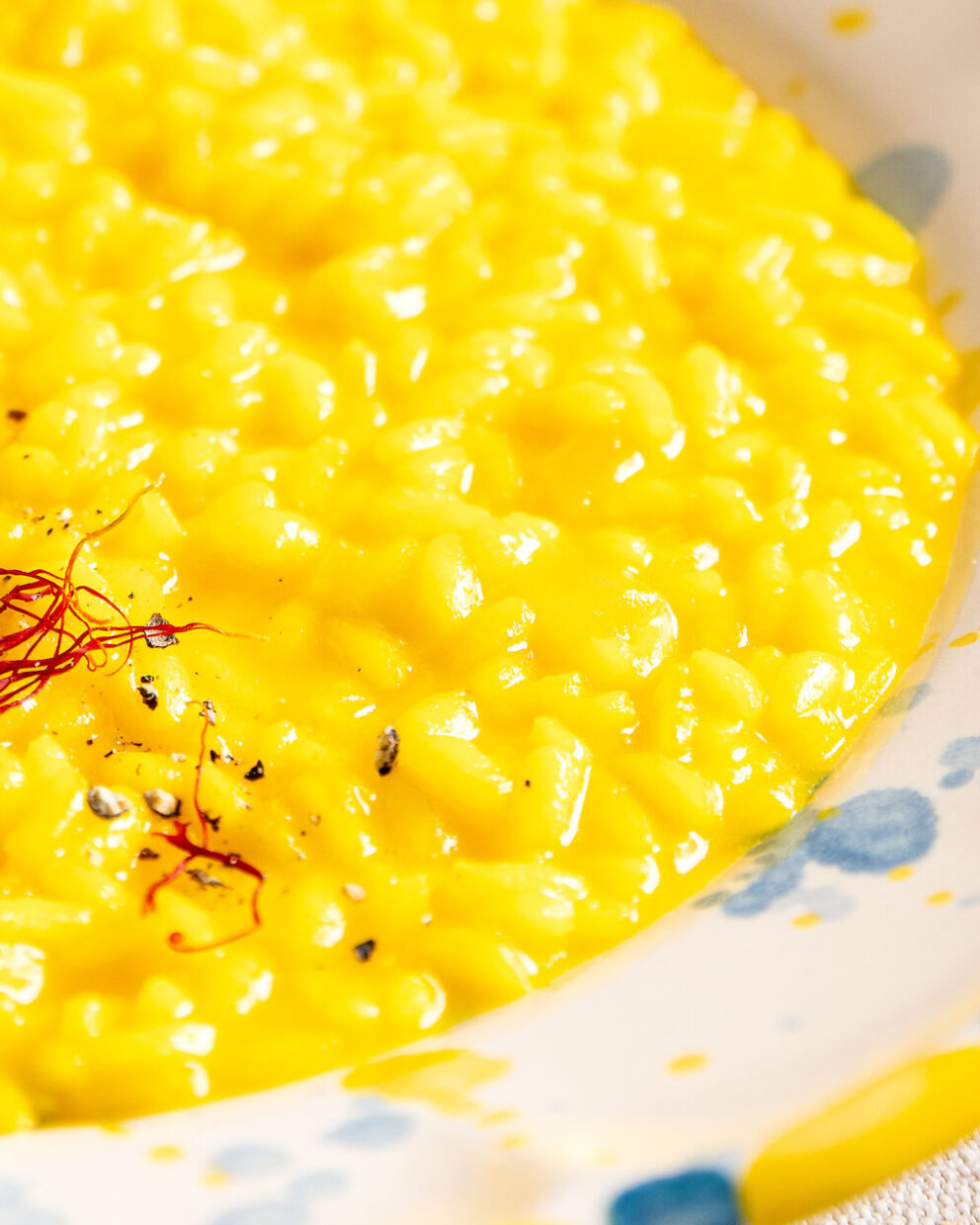
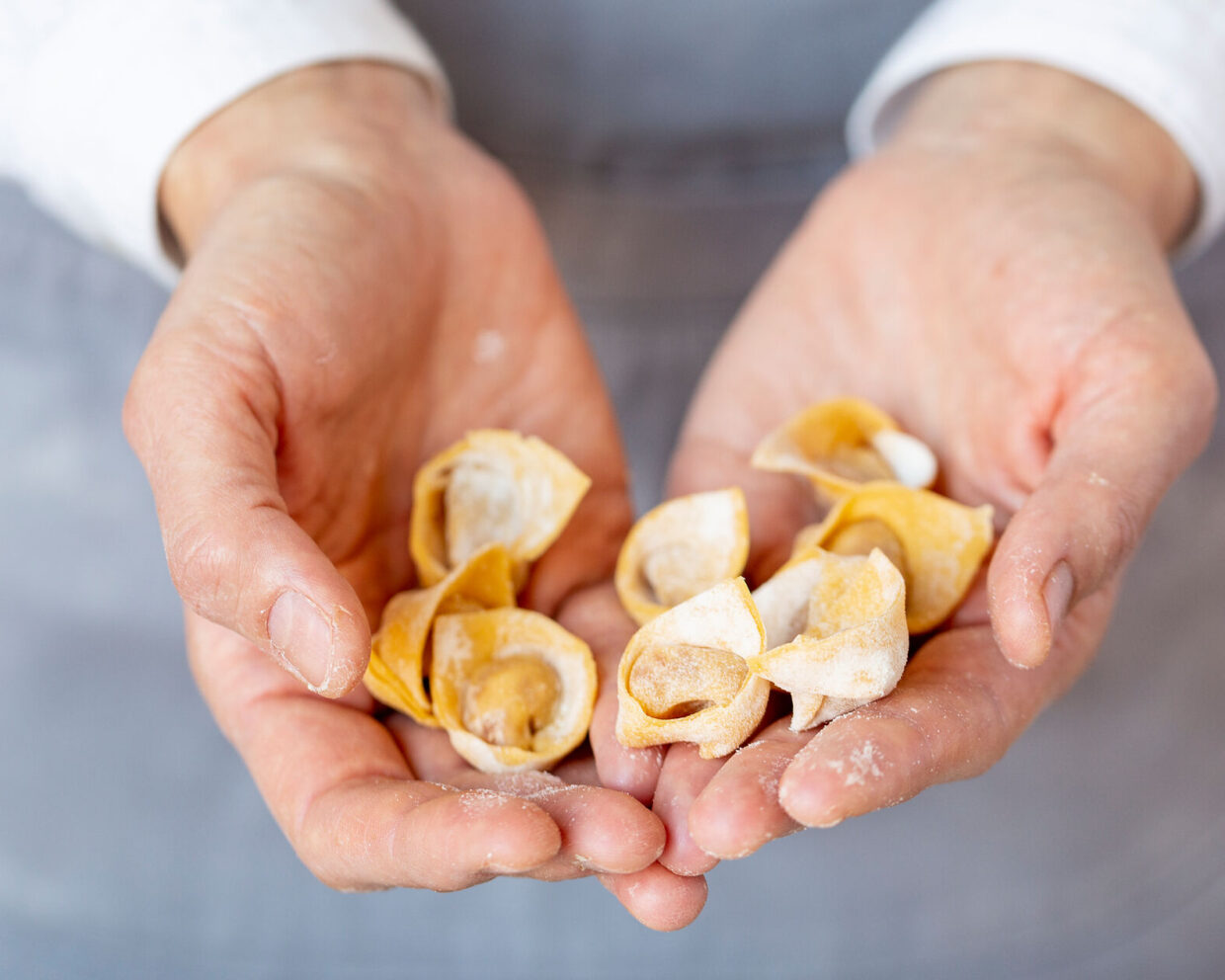
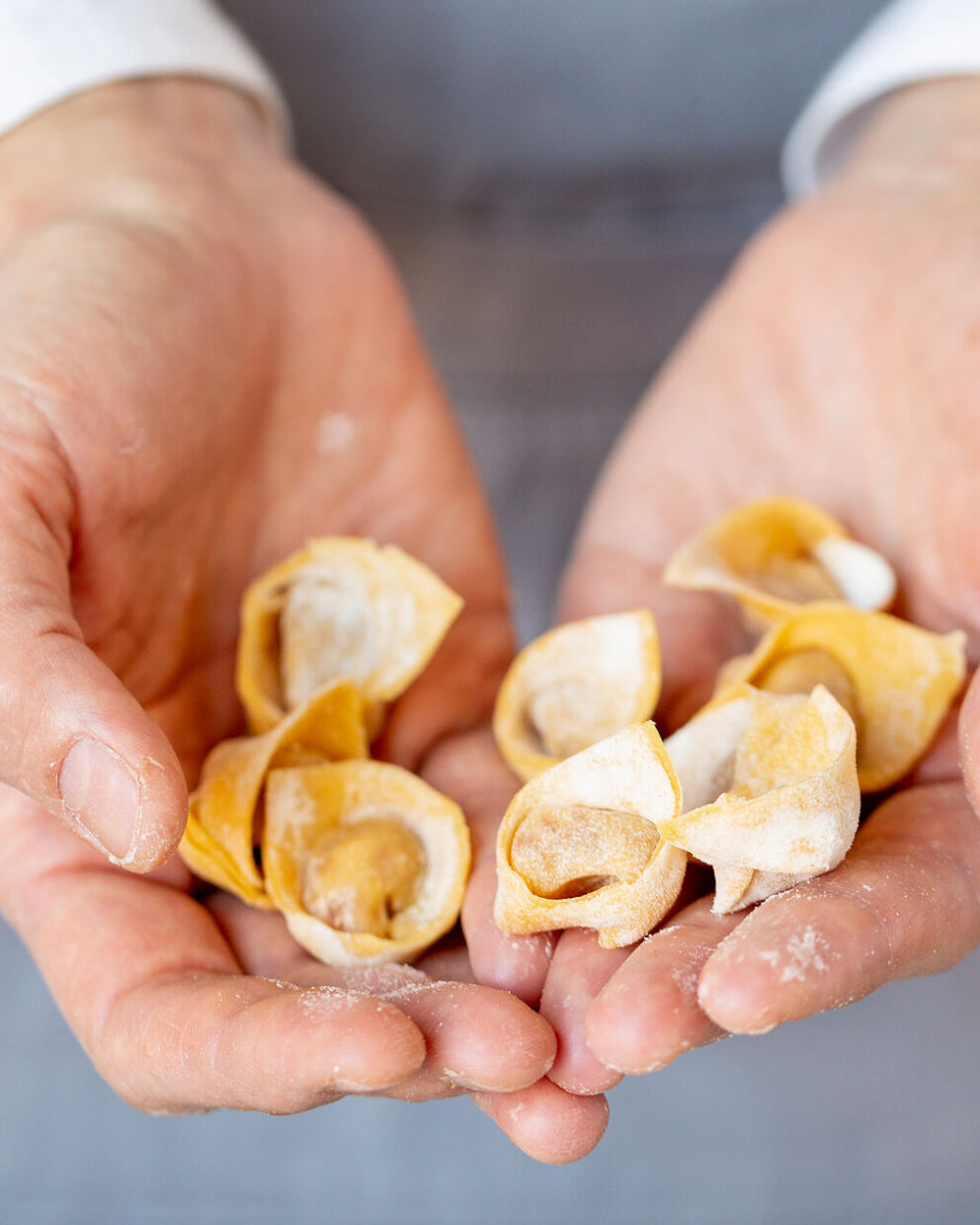
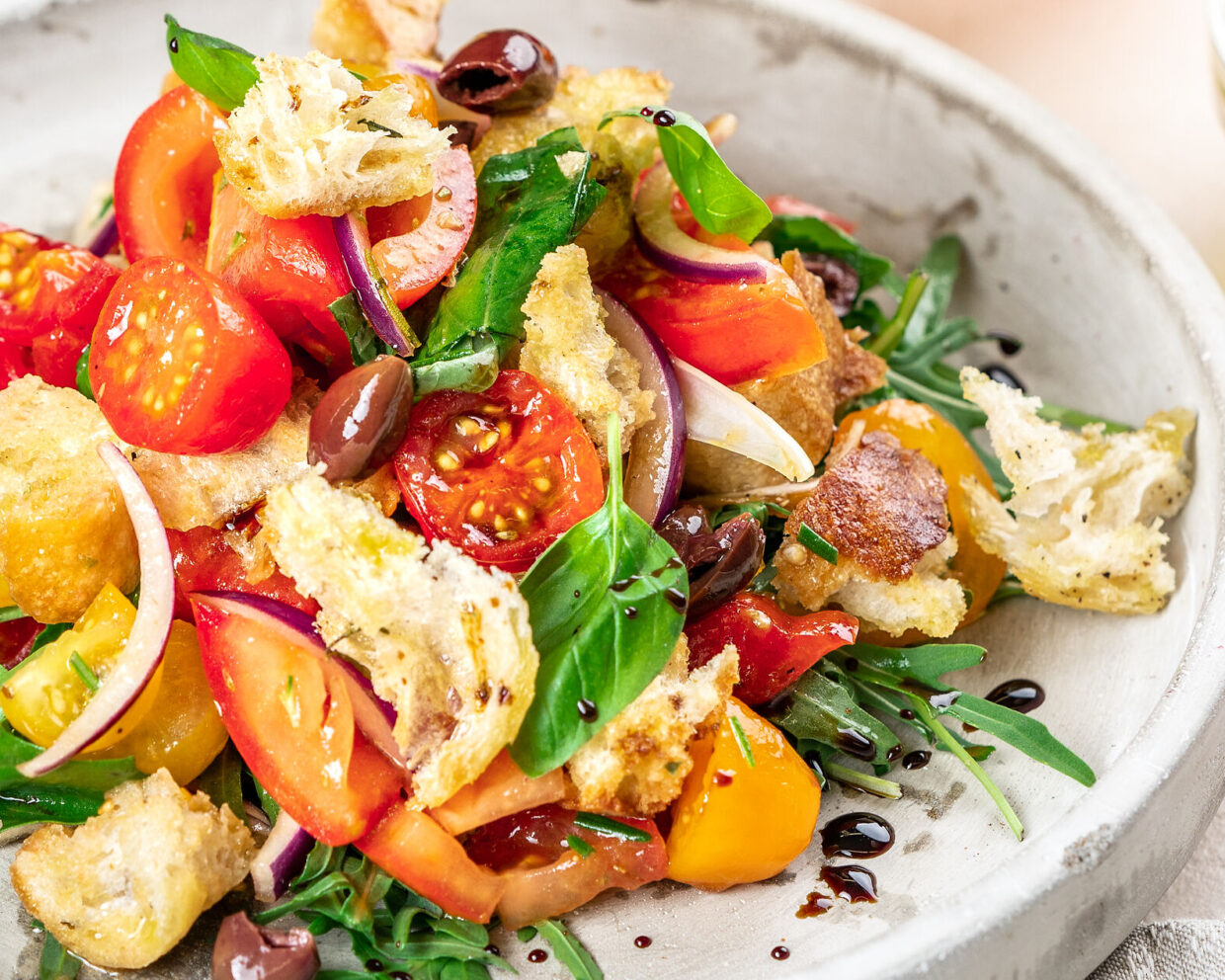
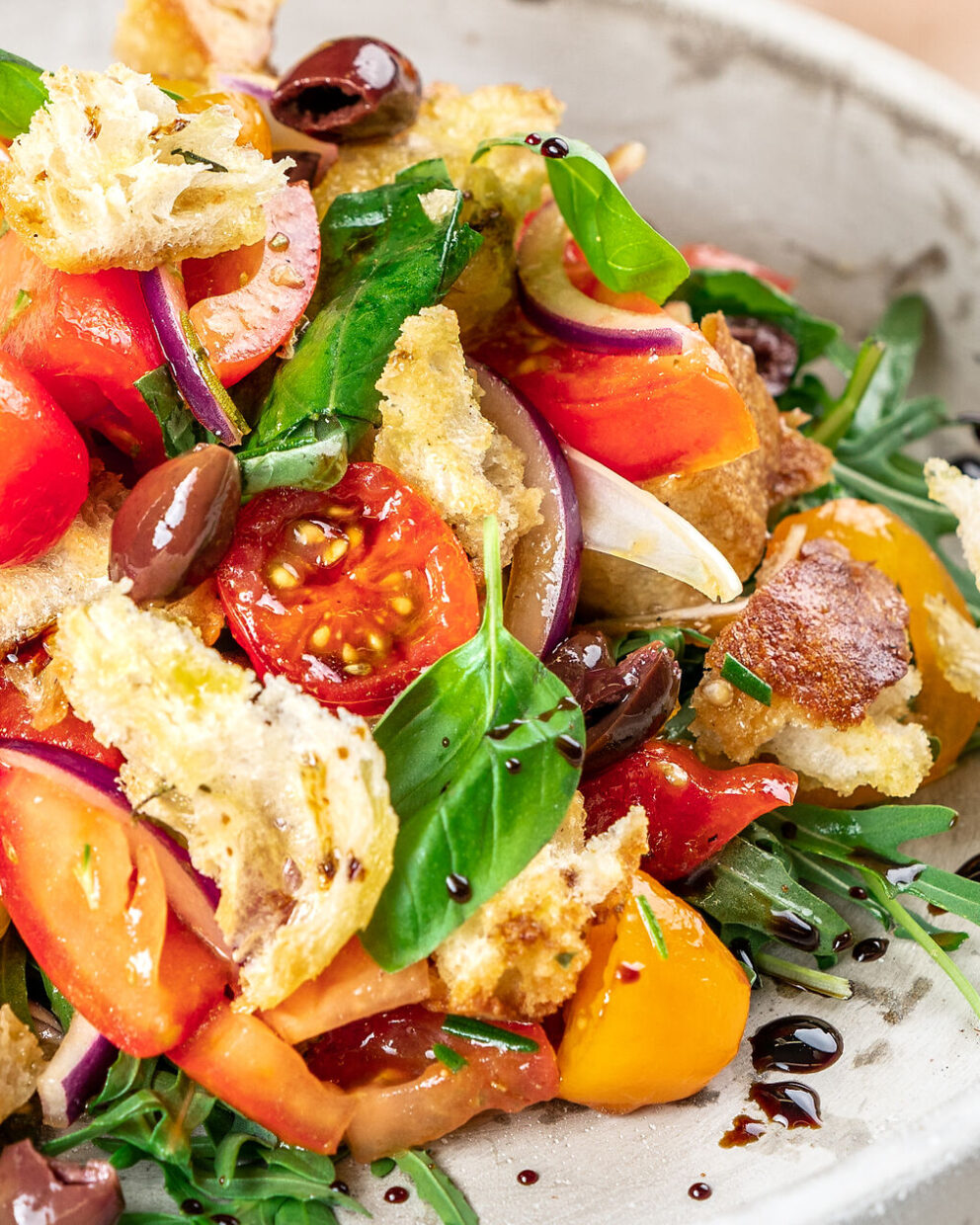
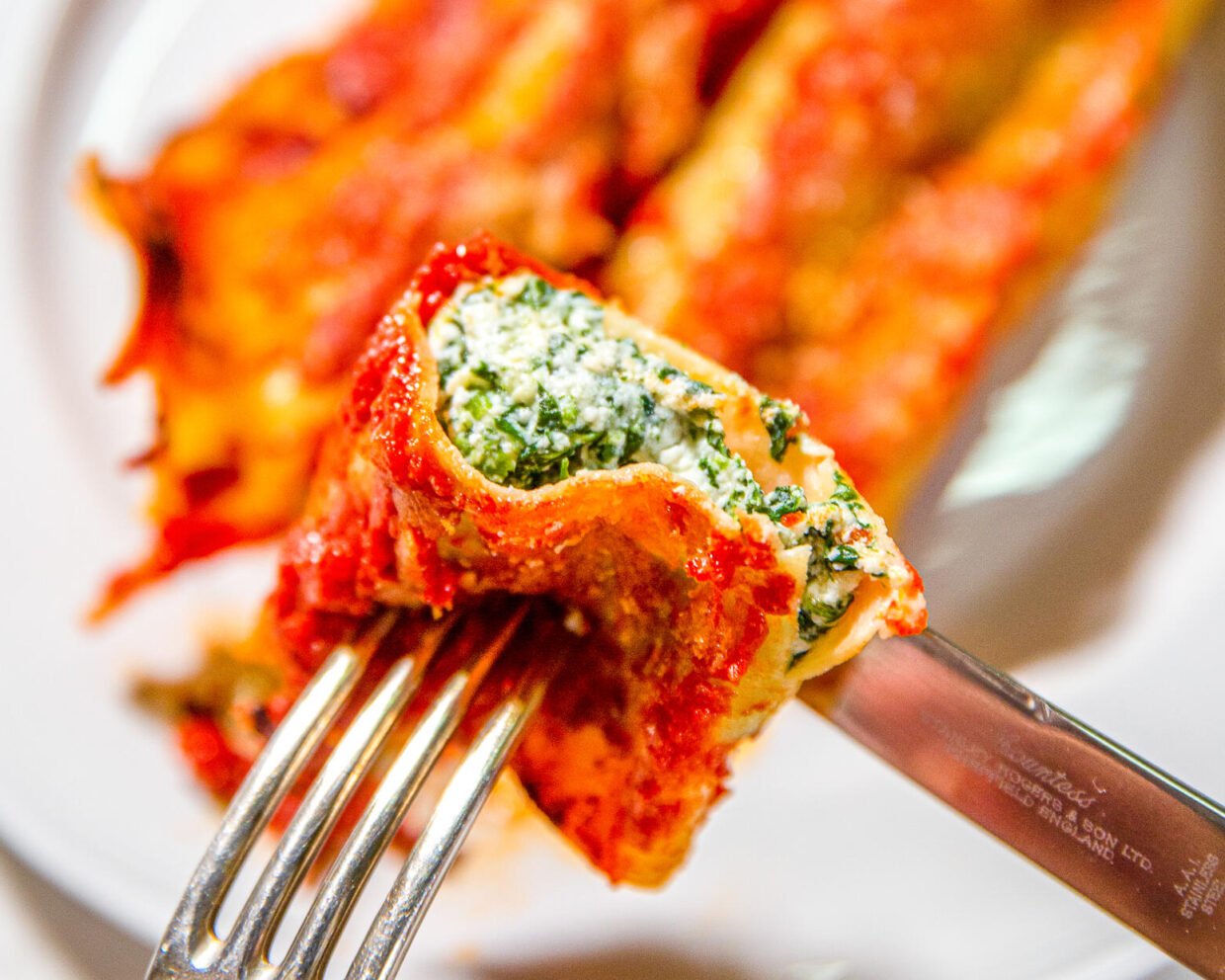
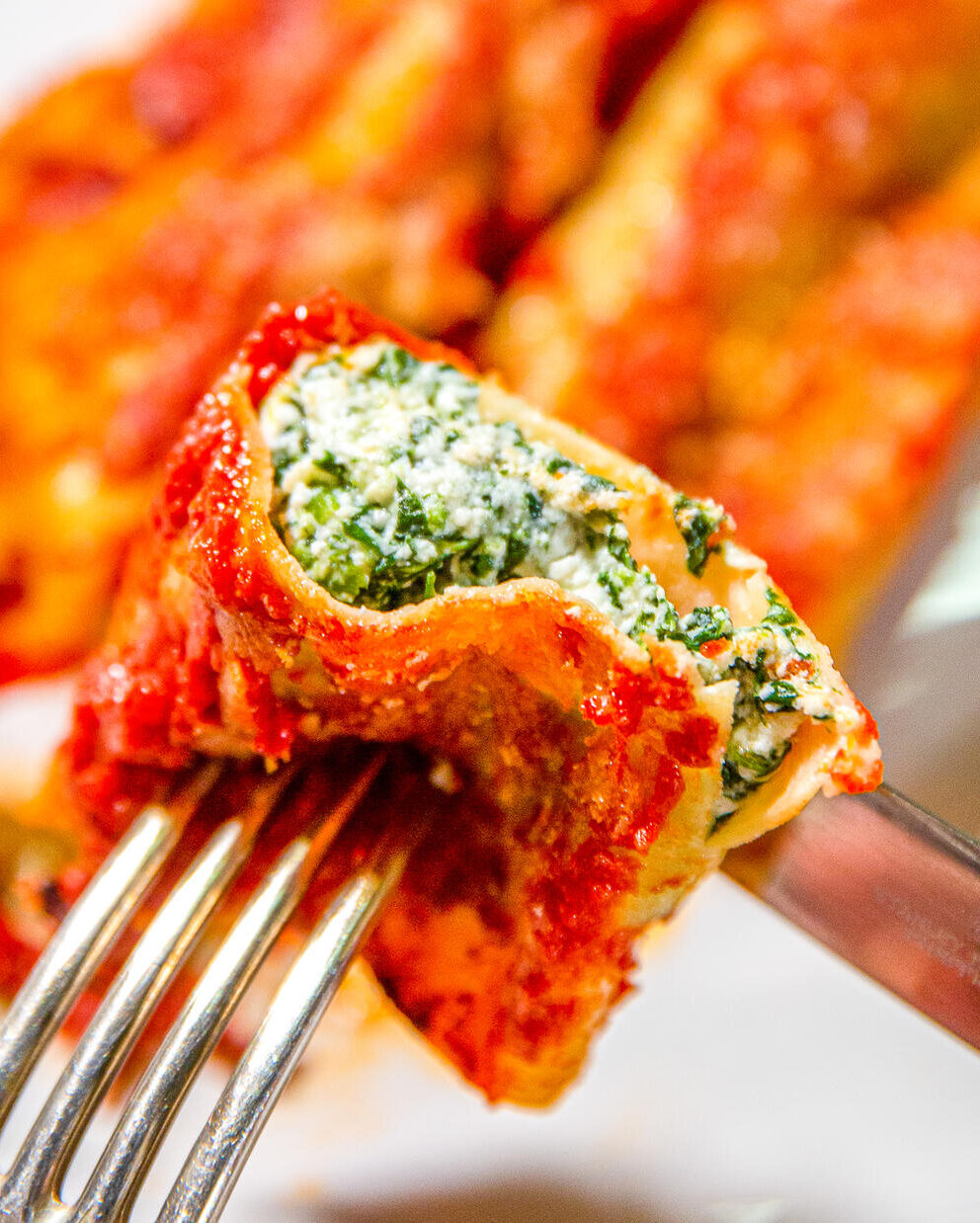
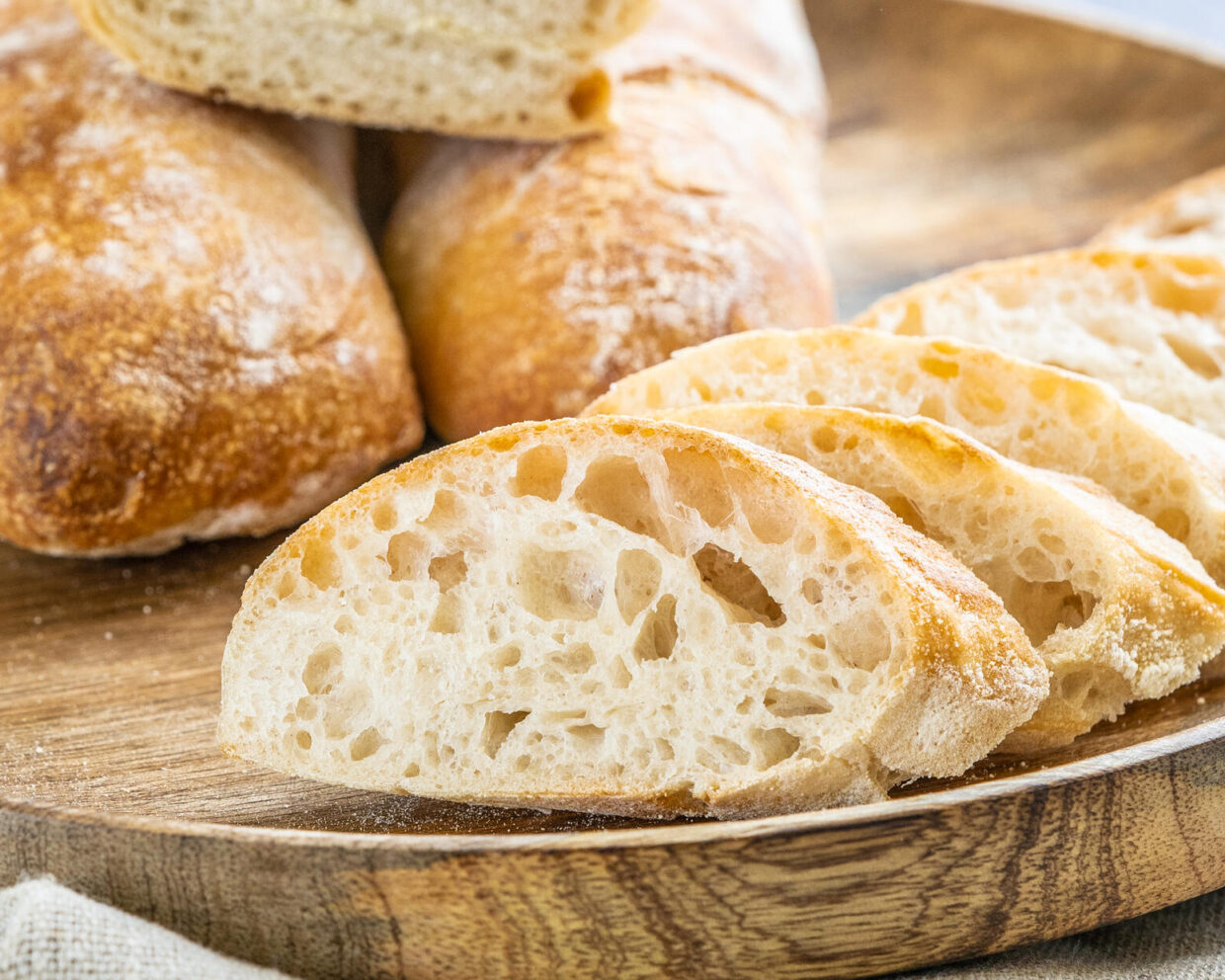
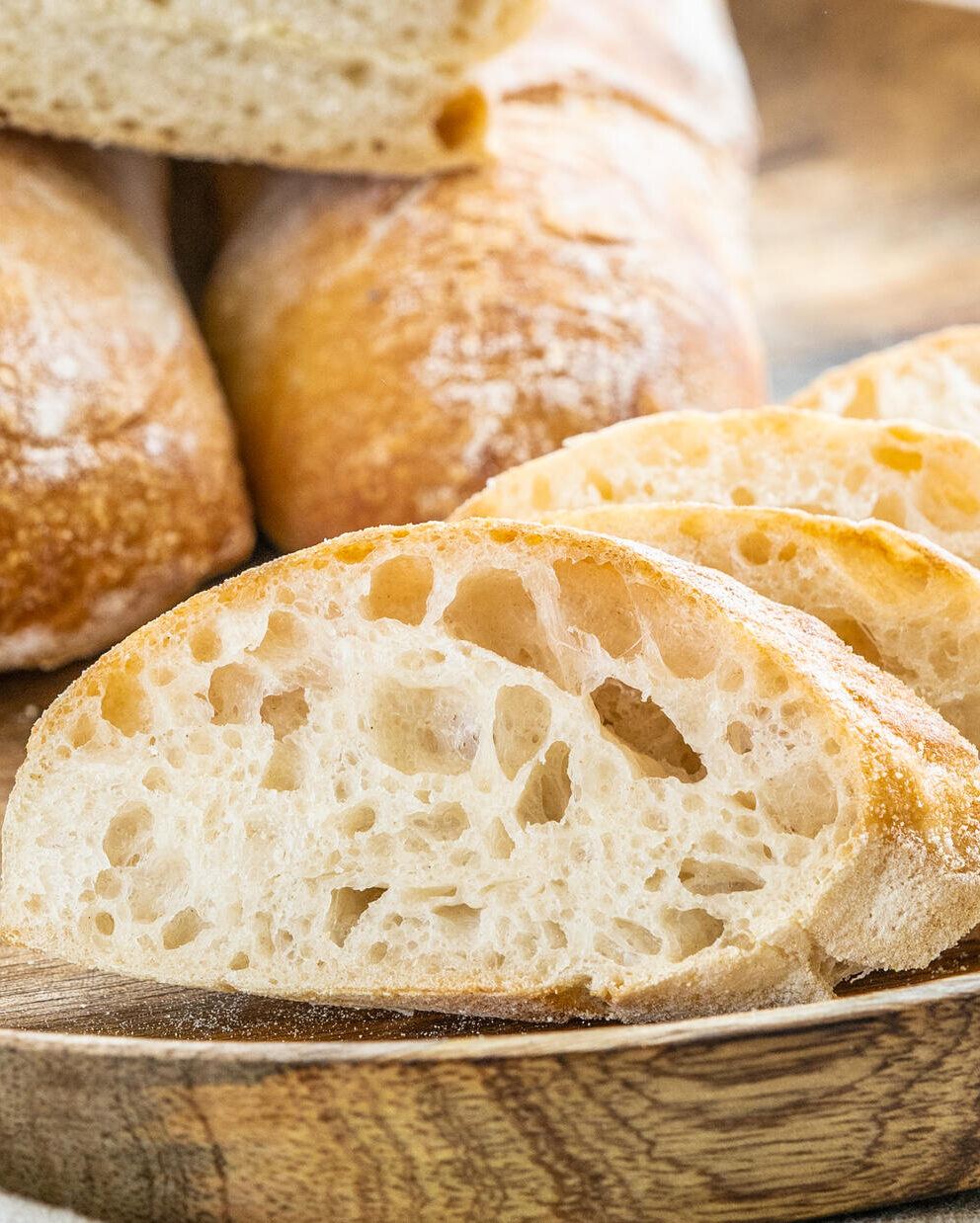
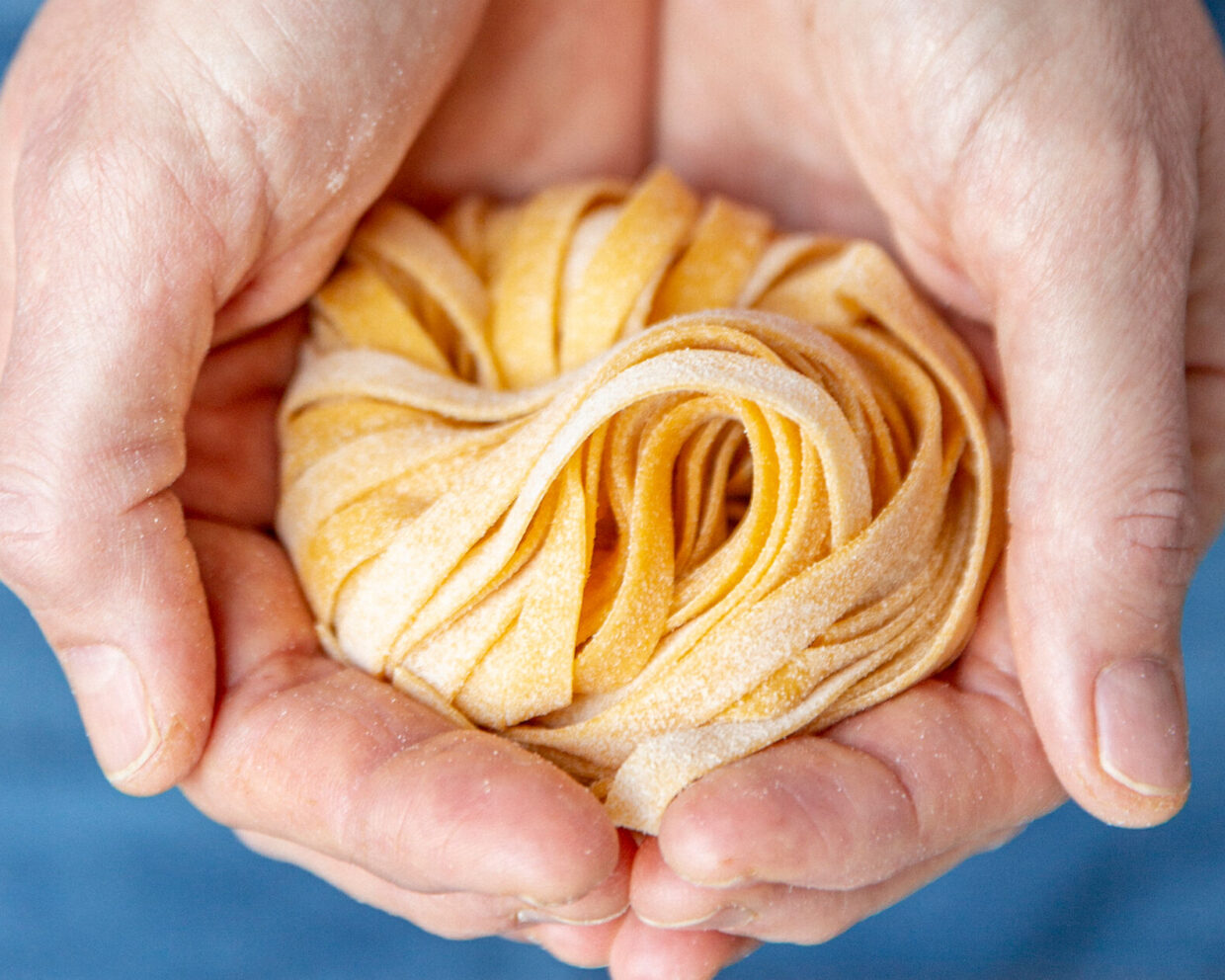
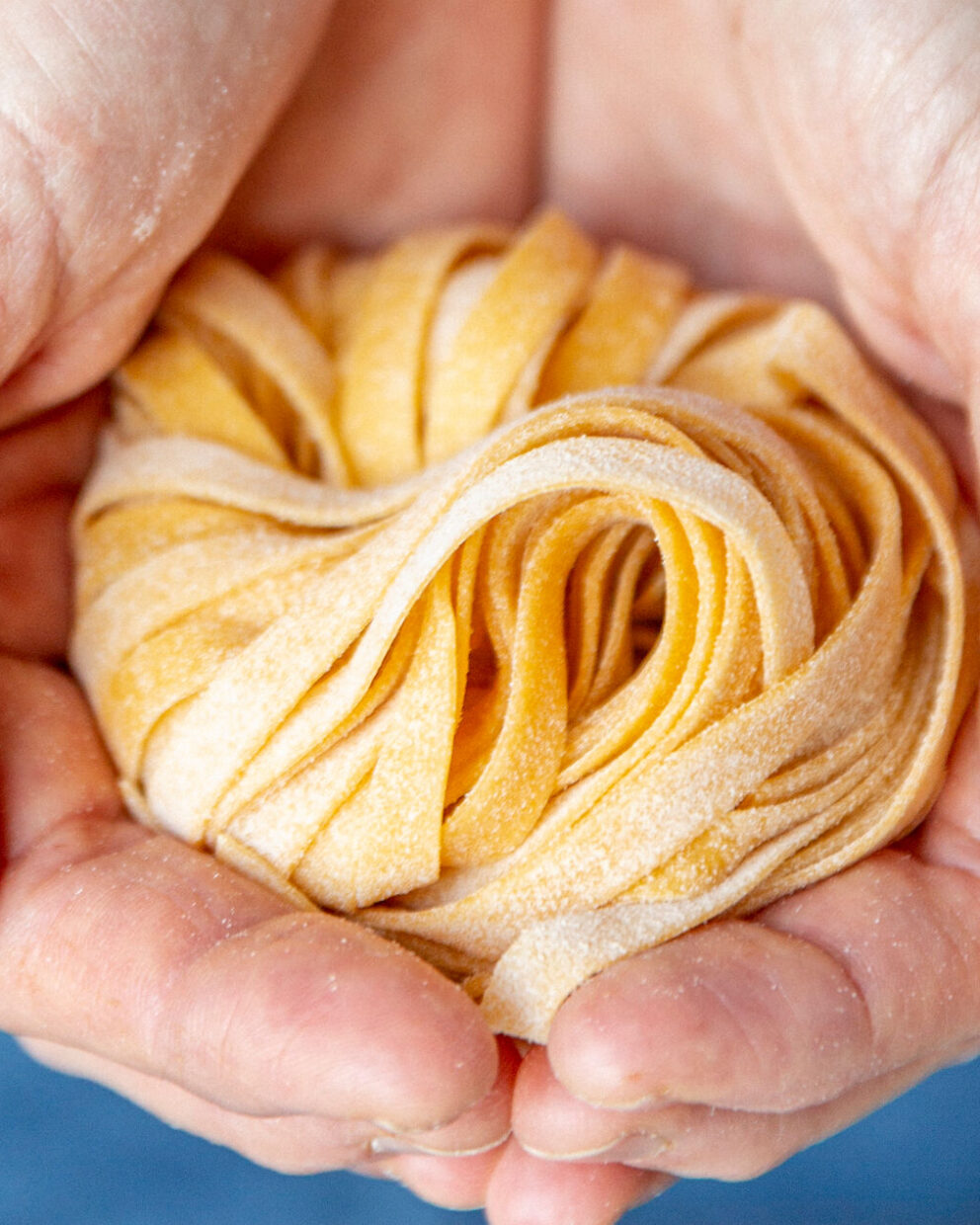
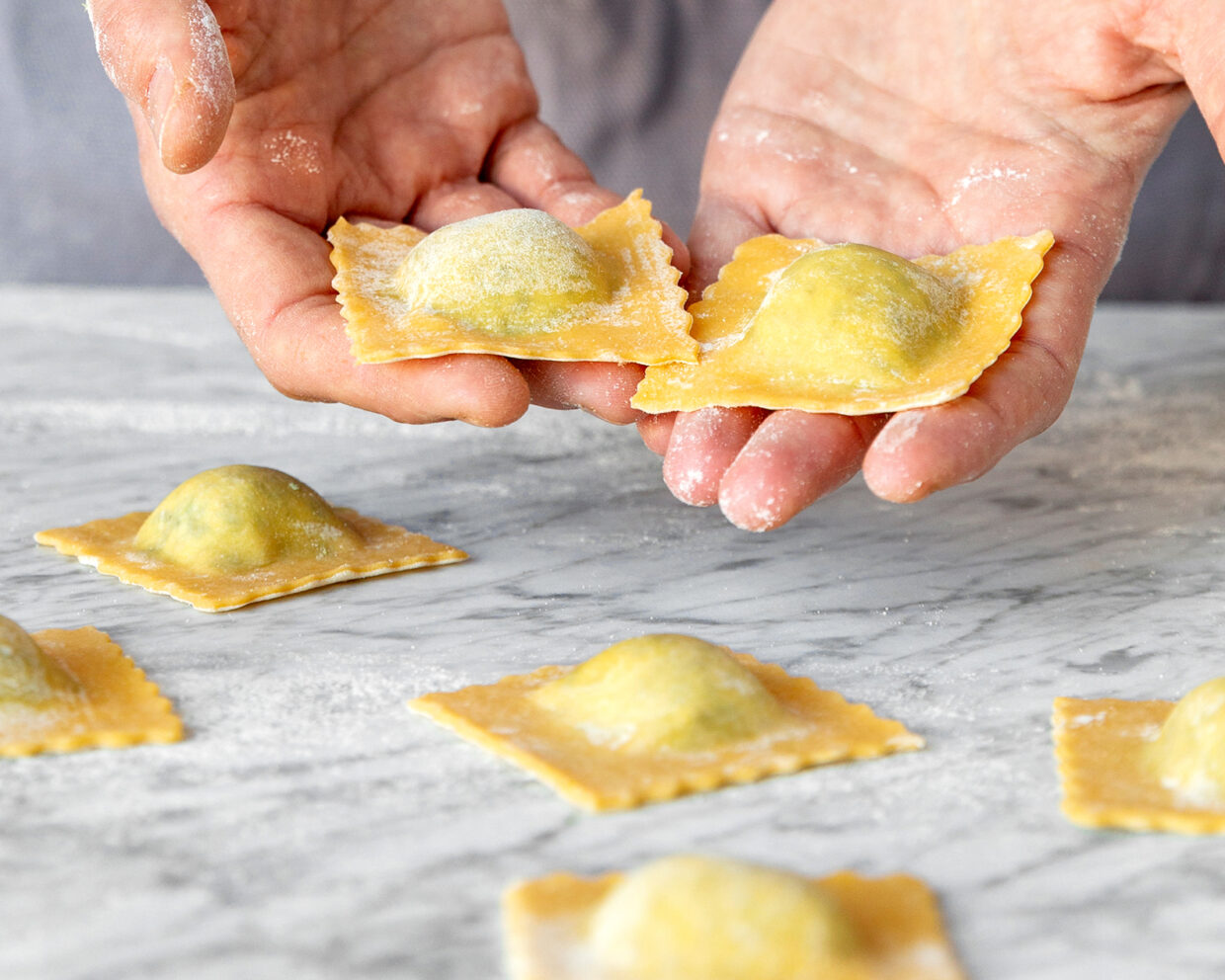
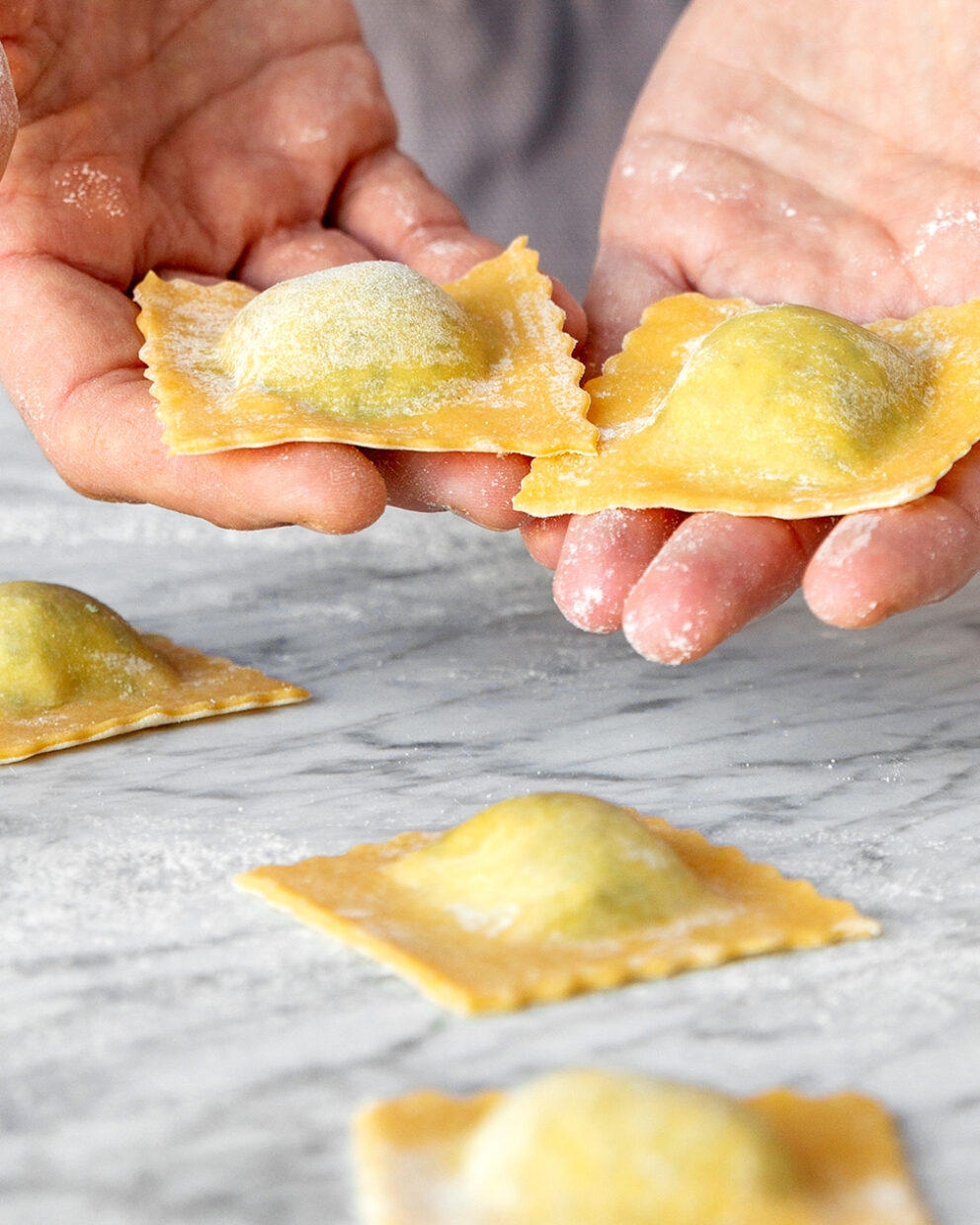
Want to share your thoughts? We're excited to hear what you think of the article. Tell us about your ideas, tips or questions! Leave a comment and share your knowledge with the community. Your opinion counts.
Write a comment